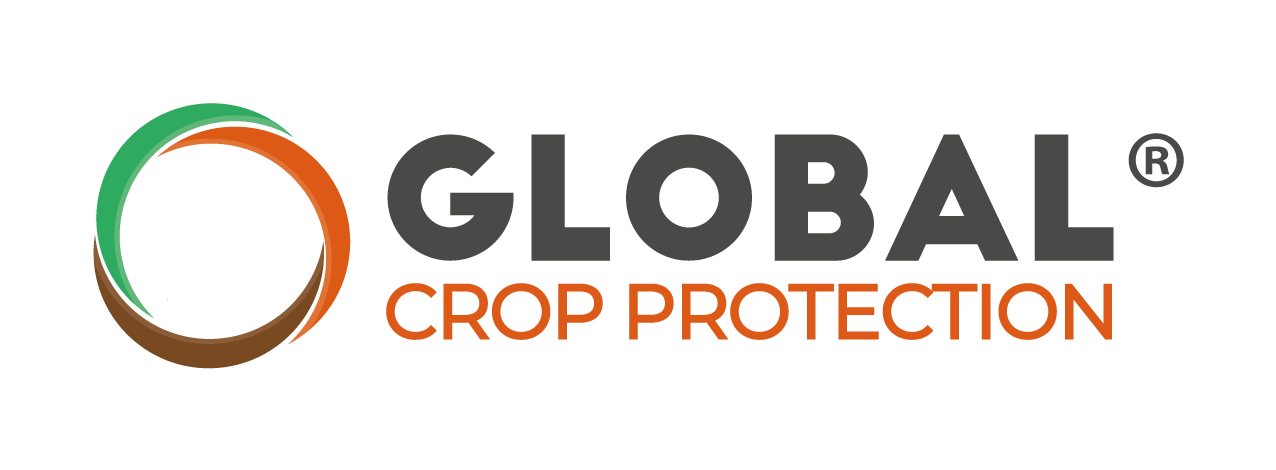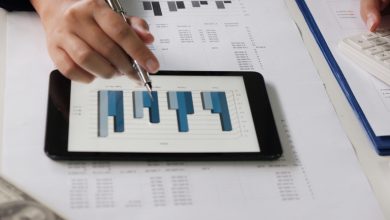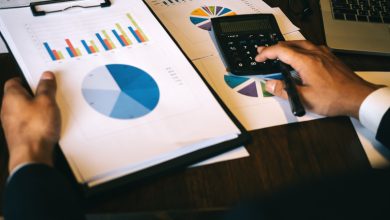
Since last months of 2016, the prices of the agrochemical products are constantly raising. Would it be speculation? What is the limit?
Some factors have forced successive price increase, which may reach 100%. As China is the largest global supplier of the technical products and their intermediates and the biggest exporter of these products to the world, including to Brazil and India – which also exports big quantity to Brazil, any restriction in the Asian country affects the production chain and consequently, the prices.
Governmental policies in the environmental preservation area in China have restricted the production in some regions, which might result in total closure of factories, not only for agrochemical products, but intermediates necessary for the production of the technical products, as well, and temporary closure of factories for the pollution levels to return to more acceptable levels, and are increasing the production costs and reducing the offer. For this reason, it is not rare that recently built factories are not able to operate.
The factories are operating at maximum capacity and restricting the supply selectively, serving priority customers, who offer better payment conditions, lower credit risk, long-term partnerships and obviously, those who pay more.
The closure of factories motivated by accidents shall be added to this. This happened on December 10, in the Jiangsu Province, China. An explosion in a factory, which produces dichlorobenzene – intermediate product used in the synthesis of 2,4-D.
Finally, there are acquisitions and mergers of companies. These operations are cyclic, and aim at complementation of portfolio, synergism, scale increase, cost reduction, neutralization or elimination of competitors, and as result, price increase.
One of the products, whose price has been successively increased and the offer reduced, is 2,4-D.
2,4-D is an herbicide used to control large-leaf weeds, such as morning glory or coast morning glory, euphorbia, sida, ipecacuanha, sow thistle, mate, widow”s tears and weeds difficult to control, such as annual daisy. Commercialized since 1945 as agricultural herbicide, 2,4-D is also registered in the United States for control of aquatic plants.
In Brazil, the first commercialized 2,4-D-based product was DMA 806 SL by DowAgrosciences, leader on the market. The active substance 2,4-D is registered under several trademarks, 66 total, through different salts and formulated products. The most common formulated products are 806 g/L (dimethylamine salt), soluble concentrate; in mixtures with glyphosate and picloram – this is exclusively for use in pastures. This year, MAPA approved the register of EnlistDuo, also by DowAgrosciences.
Flavio Hirata, 19/12/2017




